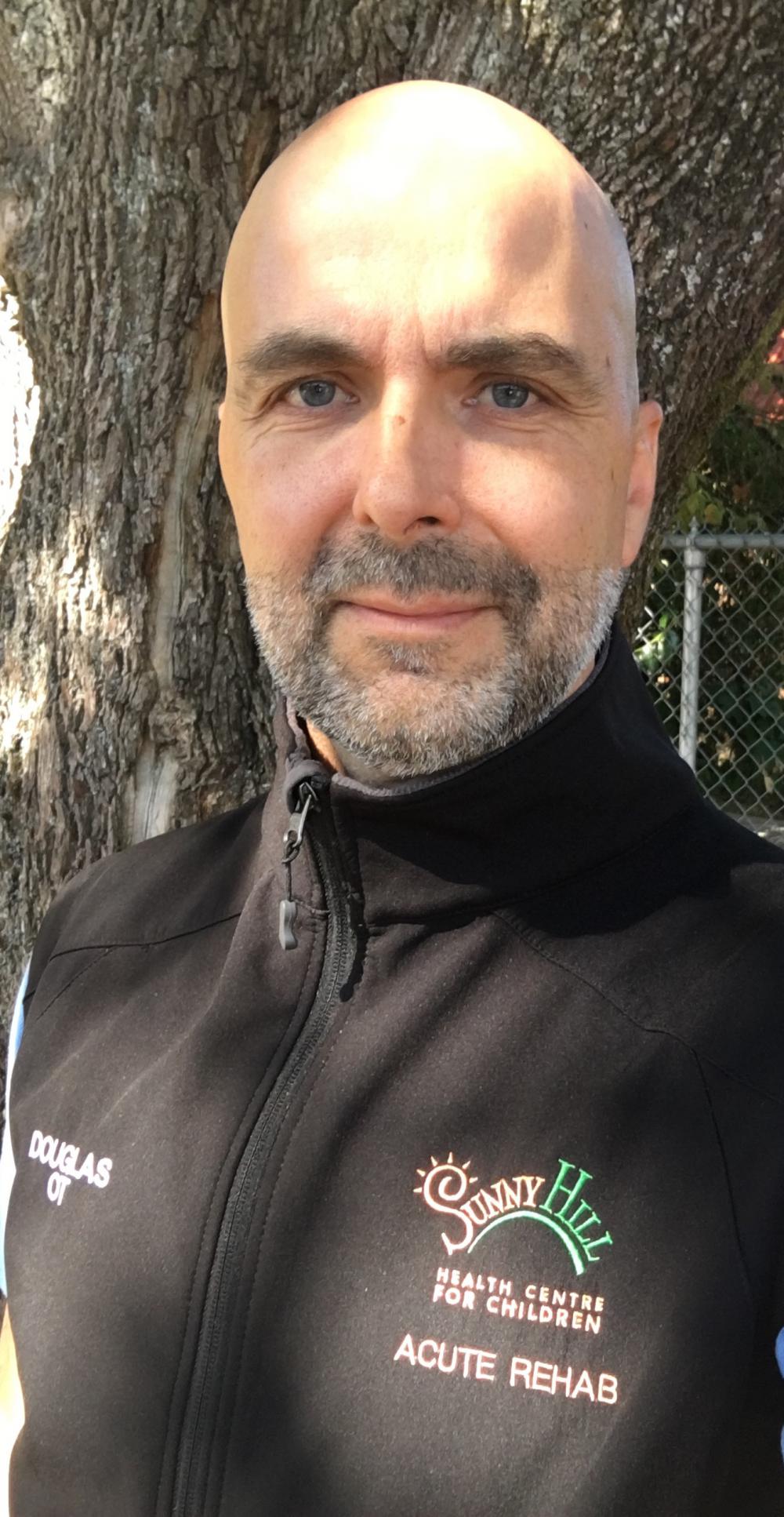How is workload affecting your patients?
HSA REPORT MAGAZINE, SEPTEMBER 2017
A random survey conducted last fall found that 75 per cent of members are concened that workload is negatively impacting patient care.
Over the course of 2016, HSA consulted thousands of members in several surveys. Over 5000 members completed a short survey on workload. Another 1400 completed a comprehensive survey. A futher 2500 were randomly sampled.
The results all confirmed that workload pressures, made worse by growing shortages of key professionals, are not just making it harder for the people who deliver health care and community social services – they're compromising patient care.
Now it's time to speak up for the people we care for.
This fall, volunteer member engagers are reaching out to colleagues across the province, urging them to complete the workload survey – if they haven't already done so – and share their stories of how care for patients and clients is being affected.
You cand find the workload survey, and a form to report how your patients and clients are affected at www.workload.hsabc.org.
It's important to tell these stories. In some cases, HSA may be able to launch individual grievances. In other cases, they'll form a strong foundation for a wider policy grievance. But perhaps most importantly, your story can help convince the new government that the price of continued in action is simply too high.
Member engagers will be visiting departments and breakrooms, over various shifts, to meet HSA members where they work. Sometimes they'll be bearing the coveted HSA chocolates.
Talk to your steward to find out more.
TWO STORIES

ERIC CHENG, RESPIRATORY THERAPIST
"Since starting in November 2016, I've been overwhelmed by workload.By streamlining processes within the clinic, I've done 467 asthma education consultations, helping patients learn how to take care of themselves and lead lives free of the emergency room. But there is a waitlist of more than 80 patients. Some of them have been waiting more than nine months and there is still no end in sight for them.
"My patients are suffering and so are my staff. With my time torn between two jobs in a part-time capacity. I am indebted to HSA steward Marjan Szlivka's support and HSA's ongoing advocacy - it's a glimmer of light at the end of the tunnel."

DOUG HERASYMUIK, OCCUPATIONAL THERAPIST
"In my more than 20 years, I and members of our team have struggled against the pressure to prematurely discharge children and adolescents who experience a life-changing injury or illness. The "home is best" justification amounts to little more than sloganeering when community services themselves are underfunded or non-existent.Approval for the funding, purchase and provision of essential assistive equipment now takes up to three months or more. Charitable programs that used to fund home modifications or the purchase of wheelchair accessible vans are depleted or gone. Remote or rural areas of the province may lack easy access to therapeutic services, requiring families to travel significant distances for care. Sometimes, the required occupational therapy, speech and language pathology or physiotherapy may not be available at all.
"These factors directly impact discharge timelines, and the therapeutic goals we establish with children and their families to maximize recovery to the point where they can safely return to their home community. It is heartbreaking and demoralizing to feel we could have done more given sufficient time and resources."